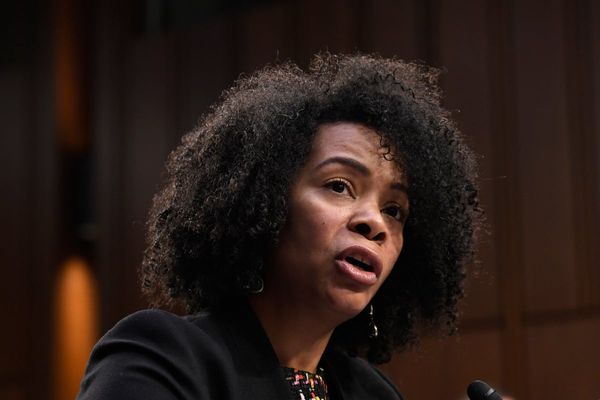JEFFERSON CITY, Mo. — A Democratic state lawmaker from St. Louis County wants to ban foreign companies from buying more farmland in Missouri.
Sen. Doug Beck, D-Affton, who is sponsoring the proposal, told members of a Senate panel Monday it is a national security issue, as well as a food security issue.
Under current law, foreign companies are supposed to report when they purchase land. But the law has few teeth and state regulators acknowledge they don't have a firm grasp on the amount of acreage owned by foreign entities.
"Nobody knows exactly how many acres have been sold. There is no tracking. There is no enforcement," Beck said.
The proposed law has the support of environmental groups and agriculture groups.
"China has been very aggressive in buying U.S. farmland. That's troublesome," said Brian Smith of the Missouri Rural Crisis Center.
Susan Williams, who operates a cow and calf operation 25 miles west of Jefferson City with her husband, told senators that foreign corporations are making it harder for locally owned family farms to survive.
"This would return Missouri farmland to domestic ownership," Williams said. "Food raised here by foreign operators may not stay in Missouri or even the United States."
The proposal, which would go into effect in August, would not affect property that is already owned by foreign companies and individuals.
Among the foreign-owned companies that own Missouri land is Smithfield Foods, which was sold to a Chinese company in 2013 just weeks after the Legislature approved a law allowing no more than 1% of the state's land to be owned by a foreign firm.
Missouri's law against foreign agricultural ownership dates to 1978, when increased foreign investment in the U.S. was creating concerns about economic autonomy. The law said no foreign entity could own farmland in Missouri.
In 2015, lawmakers added a provision scrapping a rule requiring foreign farmland buyers to apply through the state director of agriculture. That easing of the rule meant foreign companies could apply through a subsidiary, potentially bypassing state regulators.
Emily LeRoy of the Missouri Department of Agriculture said the 2015 change has made it harder for the agency to keep track of who owns land.
"There's no way for us to catch what transactions are going through," LeRoy said.
Land title companies, however, signaled their opposition to the change, saying it will become too burdensome to police by the Department of Agriculture because it will apply to all tracts of agriculture land five acres or larger.
"Think about every one of those transactions having to be submitted to the Department of Agriculture," said Jim Durham of the Missouri Land Title Association.
That raised concerns from some lawmakers.
"I just don't know if we can enforce it," said Sen. Sandy Crawford, R-Buffalo.
The Missouri Pork Association and the Missouri Realtors Association also oppose the proposal.
Jewell Patek, lobbyist for Smithfield Foods, said the Chinese-owned company does help Missouri by providing jobs for residents.
Plus, he said the firm sends a lot of meat overseas because of demand.
"We produce a lot more than we eat, a lot more than we consume," Patek said.
Smithfield and other farm-related groups have been heavy contributors to Missouri Republicans.
Smithfield made $101,000 in campaign contributions in 2020, including $25,000 to the political action committee that supported Gov. Mike Parson, who runs a cattle operation in Polk County.
Smithfield contributed over $50,000 to candidates in 2018.
The legislation is Senate Bill 243.







